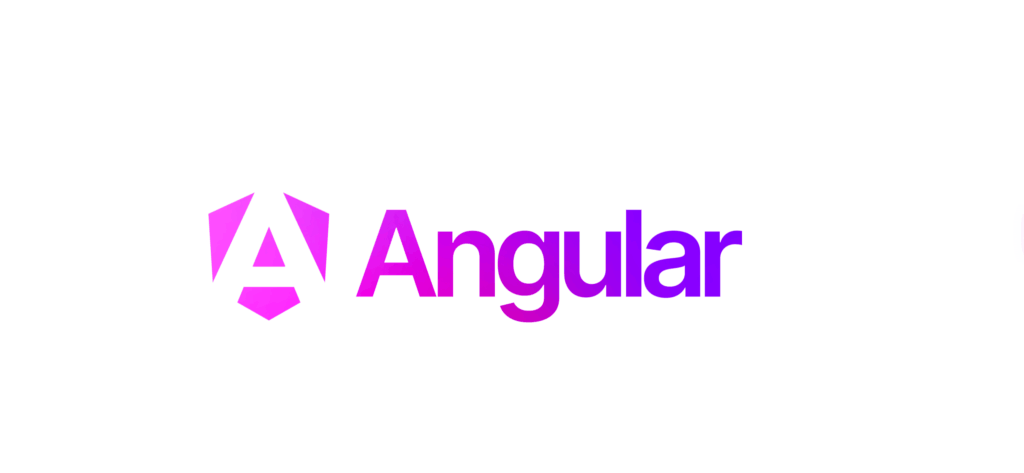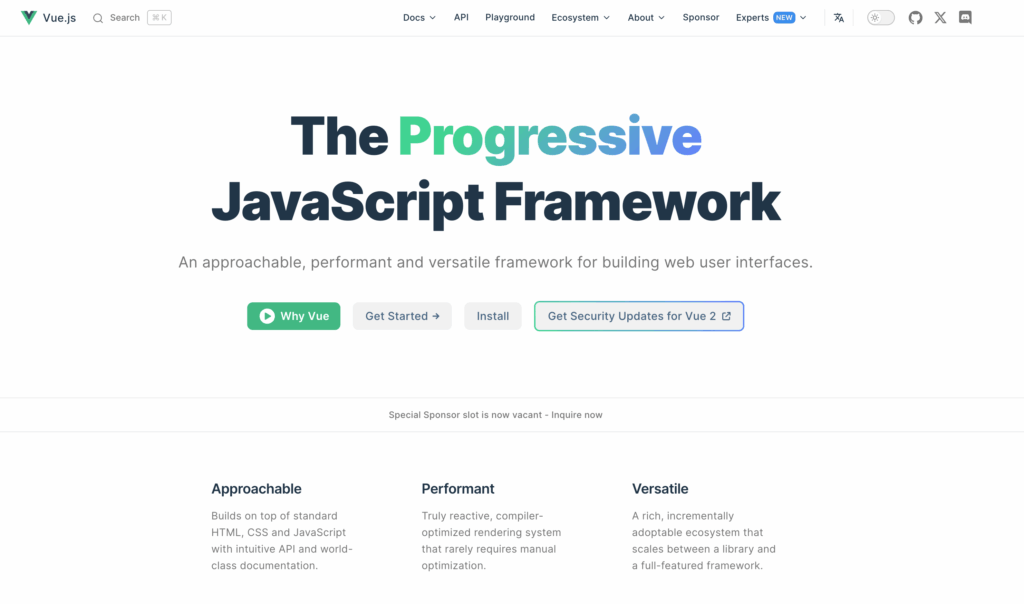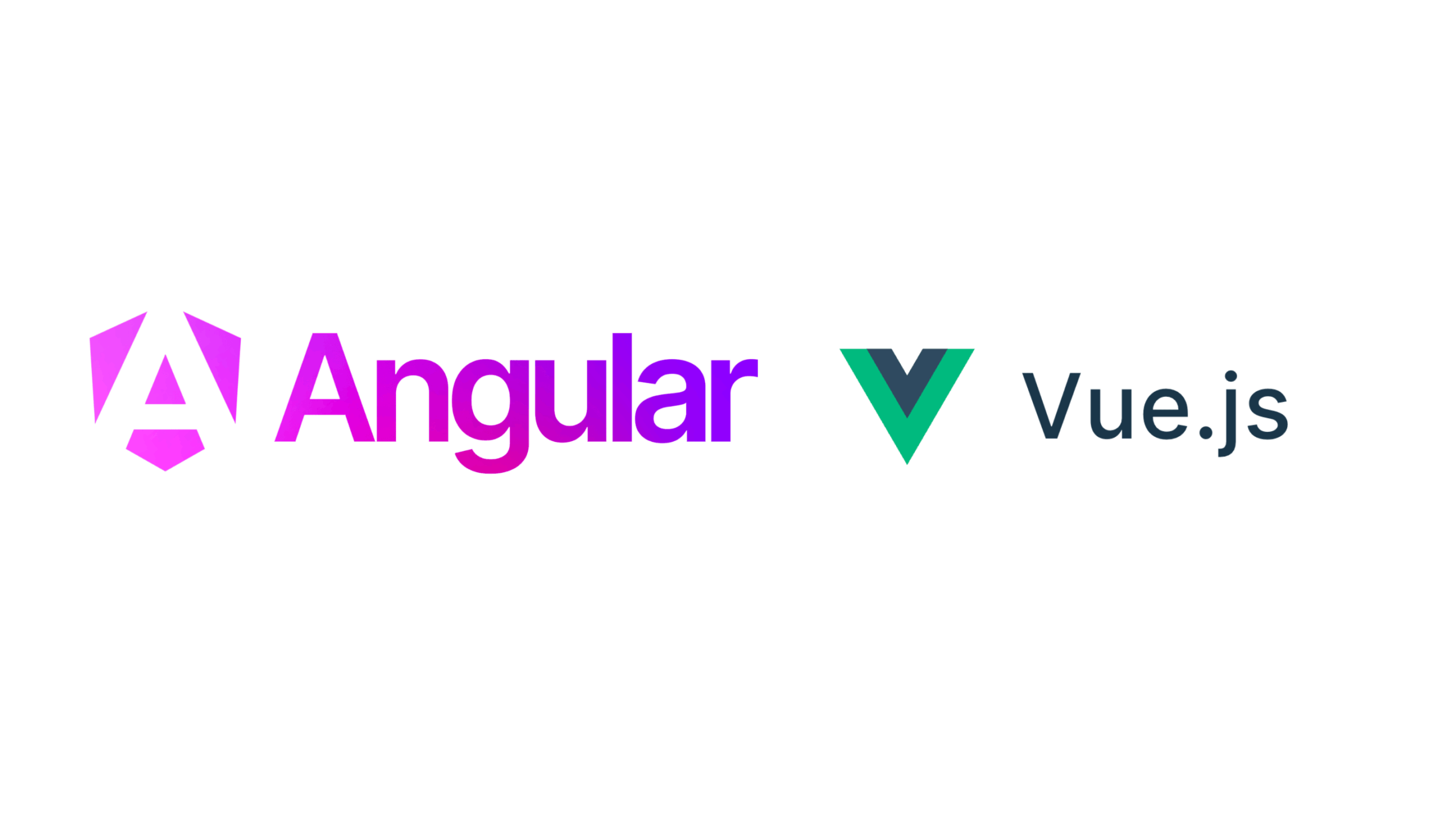Angular Vs. Vue.js: Which One Is Better for Web Application Development?
Regarding building modern web applications, the tools you choose can make or break your project. Among a multitude of frameworks developers swear by, Angular and Vue.js often spark heated debates. Both are powerful, but they cater to different needs. Whether you’re a startup founder with a lean team or an enterprise developer working on a large-scale project, choosing between these two frameworks isn’t as simple as flipping a coin.
Let’s cut through the noise and take a close, humanized look at Angular and Vue.js. By the end of this piece, you’ll have a clear sense of which one aligns best with your goals.
Table of Contents
Meet the Players: Angular and Vue.js in Context
What Is Angular?

Angular, created by Google, isn’t just a framework—it’s a full-blown ecosystem. It’s packed with everything you need to build a high-performance web application from scratch. Angular is particularly known for its use of TypeScript, a superset of JavaScript, which adds structure to your code and catches errors early.
This makes Angular a favorite for large-scale, mission-critical apps, like enterprise dashboards or e-commerce platforms with a zillion features. But here’s the catch: it’s not the easiest to learn. Angular demands commitment, much like mastering a musical instrument. It takes time but rewards you in spades.
What About Vue.js?

On the flip side, Vue.js feels like a breath of fresh air. Designed by Evan You, Vue.js is all about simplicity and flexibility. It’s often described as the “progressive framework” because you can introduce it gradually into your existing projects. With Vue, you don’t need to go all-in from day one.
Its syntax is clean and intuitive, and its gentle learning curve makes it a hit with beginners and small teams. Don’t let its simplicity fool you, though. Vue is also powerful enough for complex applications as long as you’re willing to build out the ecosystem yourself.
Angular vs. Vue.js: How Do They Compare?

Angular and Vue.js are two popular frameworks in the world of software development, widely adopted for both professional web application development services and in-house projects. These frameworks empower developers to craft dynamic, responsive, and high-performance web apps that cater to diverse business needs. Whether building robust enterprise solutions or agile, user-centric platforms, Angular and Vue.js offer the tools and flexibility to bring innovative ideas to life with precision and efficiency.
Learning Experience
Angular is like signing up for an advanced class: rewarding but demanding. You’ll need to get comfortable with concepts like dependency injection, modular architecture, and, of course, TypeScript. If you’ve got time to learn and a team ready to dive deep, Angular can be worth the effort.
Vue, by contrast, feels like an approachable workshop. It’s welcoming, straightforward, and doesn’t overwhelm you with jargon. The documentation is crystal clear, so you can start building something cool without a headache. Vue is often the more attractive choice for solo developers or teams without extensive JavaScript experience.
Performance
Both Angular and Vue deliver solid performance, but they approach it differently. Angular uses Ahead-of-Time (AOT) compilation to optimize your app during the build process, making it fast in production. That said, Angular’s comprehensive nature means it’s a bit bulkier, so initial load times can be slower.
Vue, on the other hand, is lean and mean. Thanks to its lightweight design and virtual DOM implementation, it shines in projects where speed is paramount, like single-page applications (SPAs). Vue might be the way to go if you prioritize quick loading times and smooth user interactions.
Flexibility Vs. Structure
Angular is like a well-organized toolbox. Everything you need is built in. State management? Routing? Testing? It’s all there, baked into the framework. This makes Angular an excellent choice for large, structured projects where consistency is crucial.
Vue gives you more creative freedom. It doesn’t impose a one-size-fits-all approach, which means you can select the tools you want to use. This flexibility is great for smaller projects or when you want more control over your stack. However, if you aim for enterprise-level scalability, you might need to cobble together third-party libraries.
Community and Support
Angular’s backing by Google means it comes with a large, active community and a steady stream of updates. You’ll find plenty of resources online, whether it’s tutorials, plugins, or troubleshooting help.
Vue, while not backed by a tech giant, punches above its weight. Its community is passionate, and its ecosystem is steadily growing. That said, you might occasionally run into fewer enterprise-grade solutions compared to Angular.
Final Thoughts
Choosing between Angular and Vue.js is like picking between two musical instruments: both can create beautiful music, but the one that’s best for you depends on your goals and skill level. Angular offers power and structure for those ready to tackle its challenges, while Vue.js provides simplicity and flexibility for fast, agile development.
Whatever framework you choose, the most important thing is to align it with your project’s vision and requirements. With the right mindset and a clear plan, either Angular or Vue.js can help you create a web application that truly stands out.